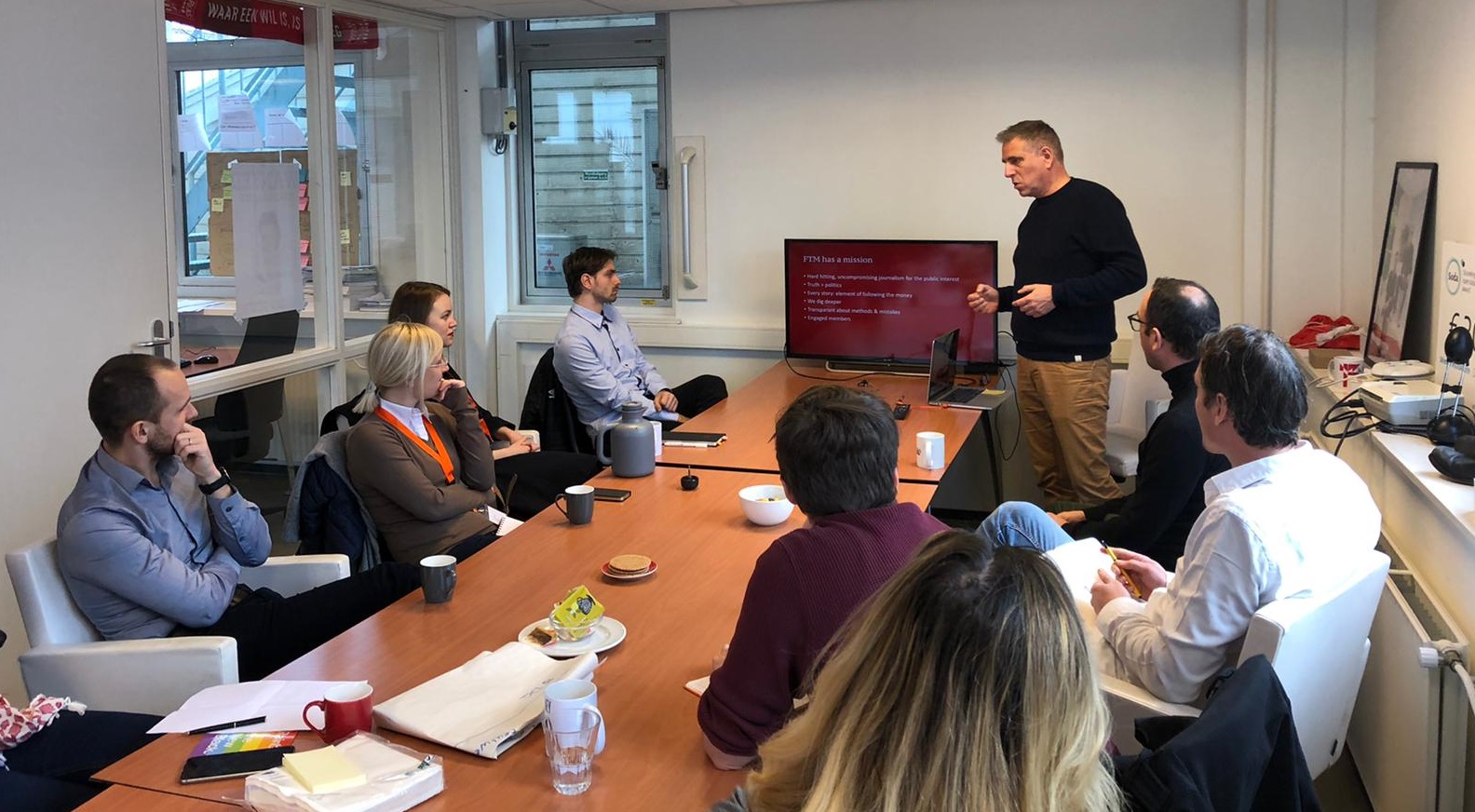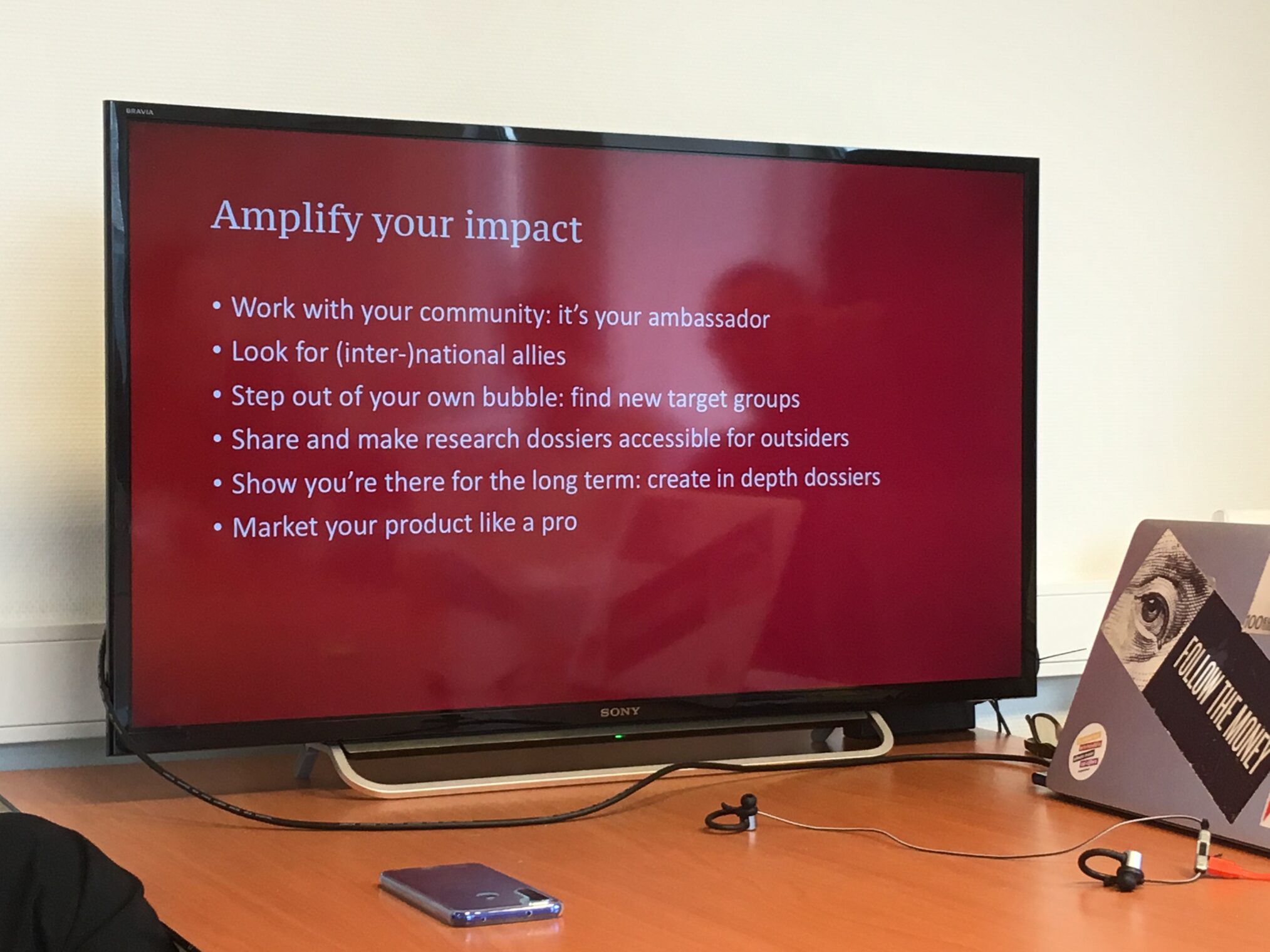The https://english.atlatszo.hu use cookies to track and profile customers such as action tags and pixel tracking on our website to assist our marketing. On our website we use technical, analytical, marketing and preference cookies. These are necessary for our site to work properly and to give us inforamation about how our site is used. See Cookies Policy
Our journalists’ study trips abroad were monitored by Hungarian embassies
Hungarian diplomats have reported to the Ministry of Foreign Affairs on the professional trips abroad of journalists, including the colleagues of Atlatszo. The reports were released following a freedom of information lawsuit, and the documents revealed several details about the surveillance of journalists.
On Thursday morning Direkt36 published a story about Hungarian diplomats in European countries regularly monitoring the activities of foreign newspapers reporting on the Orbán government’s affairs. They are also collecting information on the trips of Hungarian journalists abroad, while actively facilitating the foreign visits of press workers linked to the pro-government media. All this is revealed in reports obtained by Direkt36 and the Hungarian Civil Liberties Union (TASZ) in the course of a freedom of information lawsuit.

This happened after a letter sent by the Ministry of Foreign Affairs and Trade (KKM/MFA), headed by Péter Szijjártó, was made public. It said that the Ministry had instructed Hungarian embassies in the European Union to check whether their countries had organised professional visits, training courses or study trips for Hungarian journalists in recent years, and if so, „which Hungarian media representatives took part and which Hungarian host country newspapers and organisations were visited”.
The letter, dated 2 June 2020, was signed by a Deputy State Secretary of the Foreign Ministry, but the instruction was actually issued by Szijjártó’s confidant, Tamás Menczer, State Secretary for Information and International Publicity of Hungary. Direkt36 then Direkt36 requested all diplomatic cables written in response to this instructions by a freedom of information request. After their request was rejected, they filed a lawsuit with the help of HCLU (TASZ).
The documents obtained include replies from 11 Hungarian embassies, including Athens, Berlin, The Hague, Helsinki, Copenhagen, Ljubljana, Madrid, Paris, Warsaw, Zagreb and London. The study trips to these countries also involved two journalists from Atlatszo.
We participated in professional programmes
Zita Szopkó participated in Transparency International Hungary’s (TI) investigative journalism mentor-mentee programme in 2019. At the end of the programme, the five young participants spent three days in Helsinki thanks to the Finnish Embassy in Budapest. They visited, among others, the daily newspaper Helsingin Sanomat, Finland’s largest public service media, YLE, and even met with the communications team of the Ministry of Foreign Affairs.

The participants of TI’s investigative journalism programme during a visit to the Helsingin Sanomat in the company of Esa Mäkinen, the paper’s editor, in 2019.
„Finland is a place where where it is good to be a journalist” – Direkt36 quotes Zita Szopkó’s testimonial about the study trip, published on TI’s website. However, the article also reveals that another report on the trip was also written: the Hungarian visitors were also closely followed at the Hungarian Embassy in Helsinki. In June 2020, the Hungarian ambassador to Finland sent a diplomatic cable to Budapest detailing the mentoring programme’s itinerary, noting that they also met a Finnish PhD student who „is critical of the Hungarian government in fundamental ways”.
Eszter Katus, a journalist-editor, took part in a trip for investigative journalists organised by the Dutch government, together with Debreciner and Direkt36, in early 2020. The Hague report on the trip goes through which Dutch newsrooms the journalists visited and what they need to know about them – „with a special focus on what they write about, especially on topics that are unpleasant for the Orbán government”.

Our colleague in Follow the Money editorial office with Czech, Polish, Hungarian and Slovak journalists in 2020
The document also reveals that Hungarian diplomats in The Hague have also investigated in more detail specific Dutch journalists. For example, journalist Marijn Kruk (De Groene Amsterdammer), who was scheduled to interview State Secretary Zoltán Kovács, and Eric Smit (Follow The Money), who „encouraged MEP Judith Sargentini to confront Viktor Orbán on a Dutch public radio programme on 14 April 2018”.
There was also a report on 3 June, which referred back to the trip for investigative journalists, highlighting which newsrooms the delegation visited and that “representatives of direkt36.hu, atlatszo.hu and Debreciner from Hungary took part in the professional trip”. The report also links to a Twitter post by Direkt36 journalist Szabolcs Panyi, which included photos of the visits to the newsrooms.

Excerpt from a presentation at the editorial office of the Dutch investigative newspaper Follow the Money. Similar professional programmes were held in all editorial offices.
According to the diplomatic cable, the Orbán government was also interested in the travels and programmes of journalists considered critical of the government at higher levels, as the report of 18 February 2020, signed by the Hungarian ambassador in The Hague, was sent to Viktor Orbán’s spokesman Bertalan Havasi and to Zoltán Kovács, the state secretary for international communications, Direkt36 writes.
The Pegasus case is not over yet
Of course, the government has other ways of monitoring journalists. Last summer, an international collaboration of journalists revealed that Israeli Pegasus spy software was used to monitor journalists, photojournalists, media owners critical of the government and an expert in Hungary.
When this picture was taken, we were being monitored by Pegasus spyware
In an opinion piece, our colleague reacts to the fact that some journalists and contributors of Atlatszo discovered traces of the now infamous Pegasus spyware on their smartphones, and through one of these hacked devices, dozens of our colleagues and friends who attended our summer get-together, including Ferenc Kőszeg, who experienced something similar in the party state of the last century, could have been targeted with the Israeli spyware.
Although the case has caused a great deal of controversy, it has not yet had any legal consequences. Attila Péterfalvi, the Data Protection Commissioner, didn’t found anything irregular in his January report, and the ever-expanding non-public version is secret until 31 December 2050. At the same time, a special committee of inquiry has been set up in the European Parliament to investigate whether EU law was violated by member states, in particular Hungary and Poland, in their use of the spy software.
Translated by Zita Szopkó. The original Hungarian version of this story was written by Eszter Katus and Zita Szopkó and is available here.
Share:
Your support matters. Your donation helps us to uncover the truth.
- PayPal
- Bank transfer
- Patreon
- Benevity
Support our work with a PayPal donation to the Átlátszónet Foundation! Thank you.
Support our work by bank transfer to the account of the Átlátszónet Foundation. Please add in the comments: “Donation”
Beneficiary: Átlátszónet Alapítvány, bank name and address: Raiffeisen Bank, H-1054 Budapest, Akadémia utca 6.
EUR: IBAN HU36 1201 1265 0142 5189 0040 0002
USD: IBAN HU36 1201 1265 0142 5189 0050 0009
HUF: IBAN HU78 1201 1265 0142 5189 0030 0005
SWIFT: UBRTHUHB
Be a follower on Patreon
Support us on Benevity!

